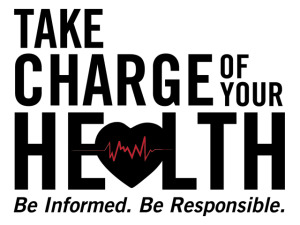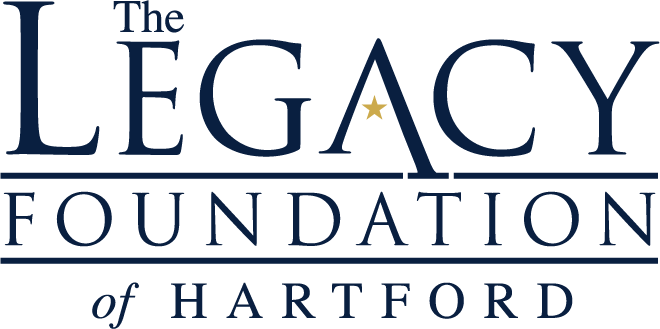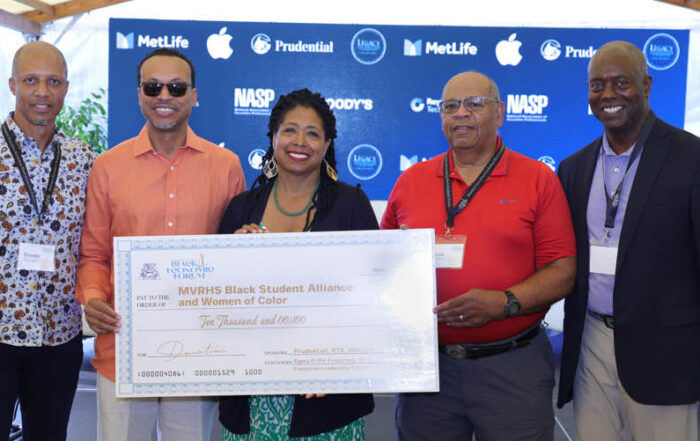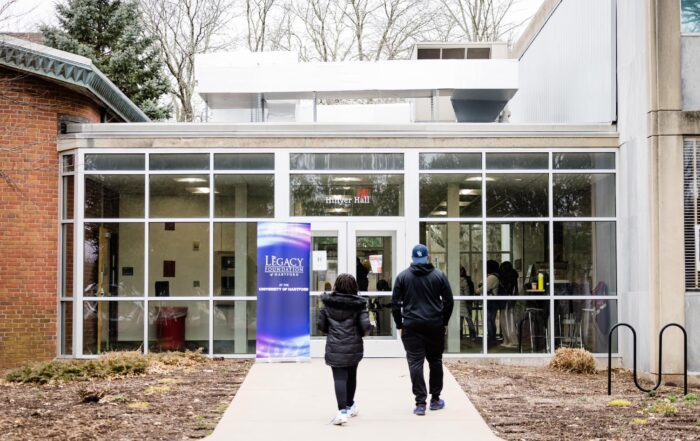 The Take Charge of Your Health Initiative is a comprehensive approach to addressing disparities in health for individuals who statistically experience a higher rate of occurrence and more adverse consequences from chronic diseases.
The Take Charge of Your Health Initiative is a comprehensive approach to addressing disparities in health for individuals who statistically experience a higher rate of occurrence and more adverse consequences from chronic diseases.
The Take Charge of Your Health Initiative is the primary health program at the Legacy Foundation. Be Informed, Be Responsible. Take Charge addresses disparities in health outcomes for the underserved market with specific focuses on the social determinants of health. These determinants include but are not limited to: access and affordability of healthy food, transportation, education, income, housing, and basic needs.
We provide health education through partnerships with community organizations, such as churches and senior centers, with the support of Hartford Hospital. The takeaway from our health program is to change the culture around health, including addressing the importance of nutrition and physical activity, and the pursuit of living a healthy lifestyle among the underserved community.
We practice and encourage Healthy Eating Active Living (“HEAL”).
The Legacy Foundation’s “Healthy Families Initiative” is an additional program that we host monthly at our office to focus on various health issues within our organization. Implemented in 2018, we have been able to engage our students and their families that participate in our academic LEAP program because of strong relationships that we have built with them. Our program includes both educational information about health that is presented to engage a dialogue among participants, as well as hands-on activities that get families involved in making positive changes in their lives.We have started to address topics such as healthier meal choices, eliminating sugar consumption, childhood obesity, increasing physical activity, and even the importance of hand washing. Each session, we will collaborate with various health professionals in the Hartford area that support our initiative and who can support family members to actively improve their health and become advocates for living a healthier lifestyle. Our goal is to not only improve the health outcomes of the participants but also to expand the Legacy Foundation’s message to others in the community.
Important Facts:
- African American women 20% more likely to have asthma than non-Hispanic whites, in 2015
- In 2015, African American children had a death rate ten times that of non-Hispanic white children.
- While all of the causes of asthma remain unclear, children exposed to secondhand tobacco smoke exposure are at increased risk for acute lower respiratory tract infections, such as bronchitis. Children living below or near the poverty line are more likely to have high levels of blood cotinine, a breakdown product of nicotine, than children living in higher income families.
- African Americans have the highest mortality rate of any racial and ethnic group for all cancers combined and for most major cancers. Death rates for all major causes of death are higher for African Americans than for whites, contributing in part to a lower life expectancy for both African American men and African American women.
- African Americans are almost twice as likely to be diagnosed with diabetes as non-Hispanic whites. In addition, they are more likely to suffer complications from diabetes, such as end-stage renal disease and lower extremity amputations. Although African Americans have the same lower rate of high cholesterol as their non-Hispanic white counterparts, they are more likely to have high blood pressure.
- African American adults are 80% more likely than non-Hispanic white adults to have been diagnosed with diabetes by a physician.
- African American women have the highest rates of being overweight or obese compared to other groups in the U.S. About 4/5 African American women are overweight or obese
- In 2015, African Americans are 40% (1.4X) as likely to be obese as non-Hispanic whites
- Although African American adults are 40% more likely to have high blood pressure, they are less as likely then their non-Hispanics white counterparts to have their blood pressure under control.
- African American women are 60% more likely (1.6X) than non-Hispanic white women to have high blood pressure.
- African American men are twice as likely to have a stroke as their white adult counterparts. Further, black men are 60% more likely to die from a stroke than their white adult counterparts.
We encourage you to Take Charge of Your Health and to reach out to us to learn more about what we do and how we can help you to be more engaged in supporting healthy lifestyles in your community.
Changing our health prospects and outcomes is directly tied to changing our culture and thinking around who is the primary responsibility: the individual, and our thinking around and practicing good nutrition. We believe an effective way to encourage the cultural shift is through education and information which is one of the major contributors to the social determinants of health.
Legacy- Martha’s Vineyard
MV Regional High School Black Student Alliance and Women of Color Awarded $20,000 Donation Martha’s Vineyard Regional High School’s Black Student Alliance and Women of Color programs were recently surprised with a $20,000 gift from
Porter Braswell: Black Excellence Speaker Series
The Legacy Foundation of Hartford's Black Excellence Speaker Series brings prominent thought leaders to Hartford to discuss current and relevant issues of race, diversity, social justice, and the future of black excellence.
The Right to Read
The Right to Read: Film Screening and Panel Discussion https://www.youtube.com/watch?v=L6B85Q5ZIDI On Thursday April 4th, we hosted a screening of the documentary The Right to Read followed by a panel discussion with the following leaders: Dr. Leslie Torres-Rodriguez
Legacy Goes to College!
Legacy Goes to College! In the past 10 years, our programs have grown and with increasing enrollment, we needed a new space for our Saturday program. We’re taking our college going culture seriously

















